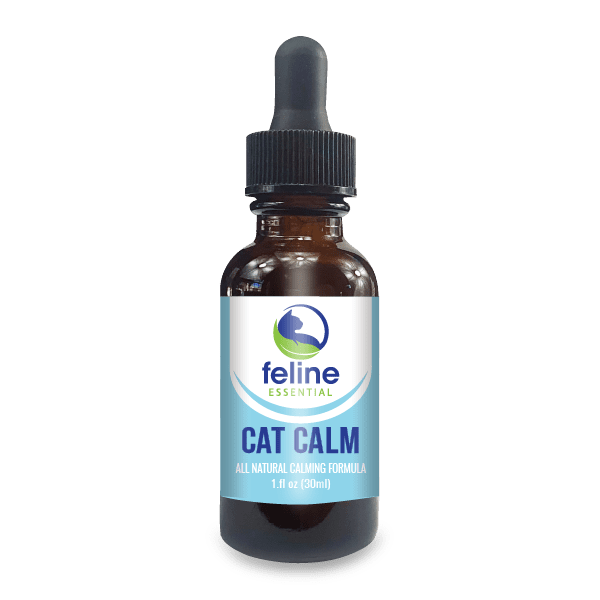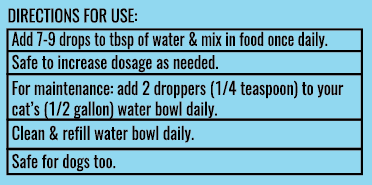Recommended Product for Aggression
Cat Calm Stress Reducing Liquid Formula
Cat Calm is an amazing herbal liquid that’s guaranteed to induce calmness and remove anxiety in cats within 24 hours! Made from 80 herbs, 21 minerals and 7 exotic plant extracts, this natural calming remedy is a simple, fuss-free addition to your cat’s water bowl or wet food. Unlike chemical anxiety treatments, Cat Calm is safe, natural and does not contain any chemicals or toxins that can damage vital organs in your cat’s body.
100% MONEY BACK GUARANTEE!
Purrfect for:
- Traveling With Cats
- Taming Feral Cats
- Stress Licking
- Separation Anxiety
- Hyperactivity
- FIC (Feline Idiopathic Cystitis)
- Nutritional Stress
- Environmental Stress
- Social Stress
- Fear and Anxiety in Cats
- Cats of all ages
$24.95
In stock (can be backordered)
You Might Also Be Interested In ...
Food Aggression In Cats
Food aggression in cats is often misconstrued as a 'bad behavior', but that's simply because we...
Consulting a Feline Behaviorist
Did you know that being a Feline Behaviorist is an actual profession? For the first many years as...
Redirected Aggression in Cats
Did your cats suddenly start fighting out of nowhere? This can sometimes happen when there's a...


